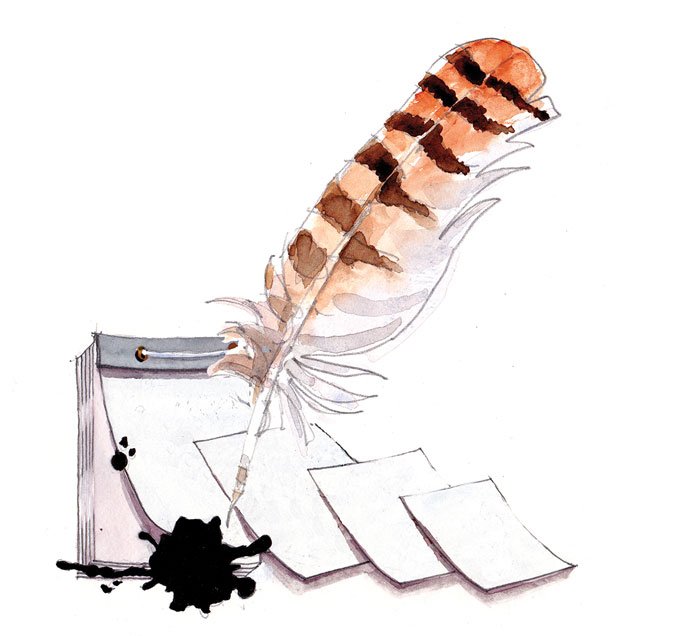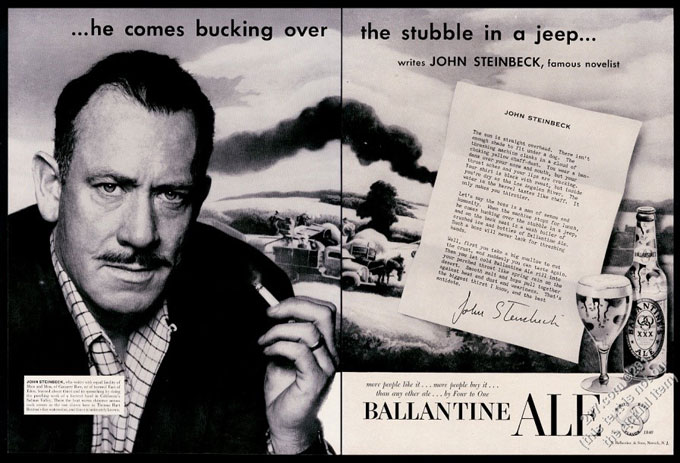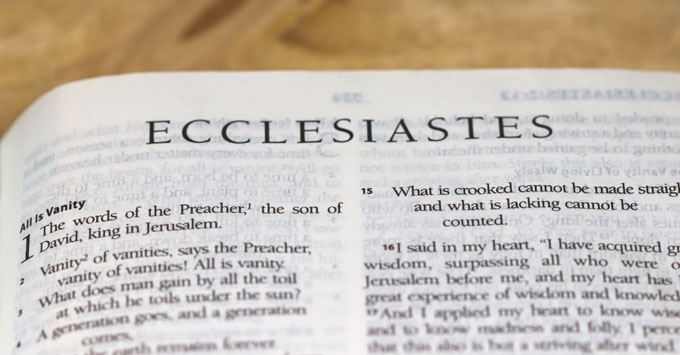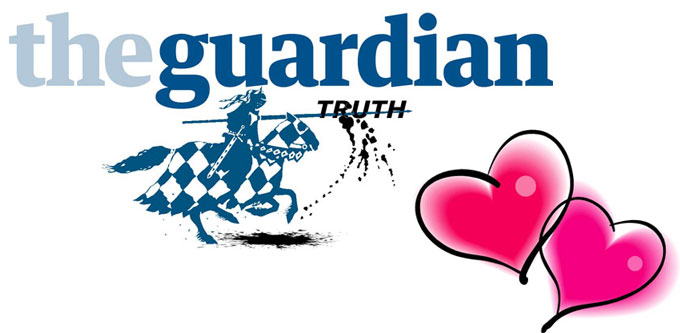History repeated itself last week in the press coverage around John Steinbeck’s death, 50 years ago, in New York City. A prophet without honor in much of his own country, Steinbeck preferred foreign travel and earned praise for writing with empathy and courtesy about foreign cultures. But the gap in volume and quality between domestic and foreign media coverage of the milestone event was shocking nonetheless. A short item about Steinbeck in The Nation noted the author’s friendship with Adlai Stevenson and identified the two-time presidential nominee as “an American politician,” presumably for the benefit of Americans with short memories. In England, by contrast, Martin Chilton’s profile of Steinbeck for The Independent was the best writing of the year on the author, with the essay on Steinbeck written by Daniel Rey for The New Statesman, comparing Donald Trump to Cyrus Trask, a close second. Press coverage in Ireland included a trio of feature articles about Steinbeck’s Irish roots; Steinbeck’s French connection was the subject of stories in six Paris publications; and an array of newspaper reports appeared in democracies with a similar claim on Steinbeck’s affection, including Italy, Spain, Poland, and Germany. Press coverage in Turkey was surprisingly robust, though the silence from Russia—another authoritarian state with a claim on Donald Trump—was as deafening as the sound of one hand clapping at The Nation, for an author whose death 50 years ago followed the election of Richard Nixon, another Cyrus Trask.











